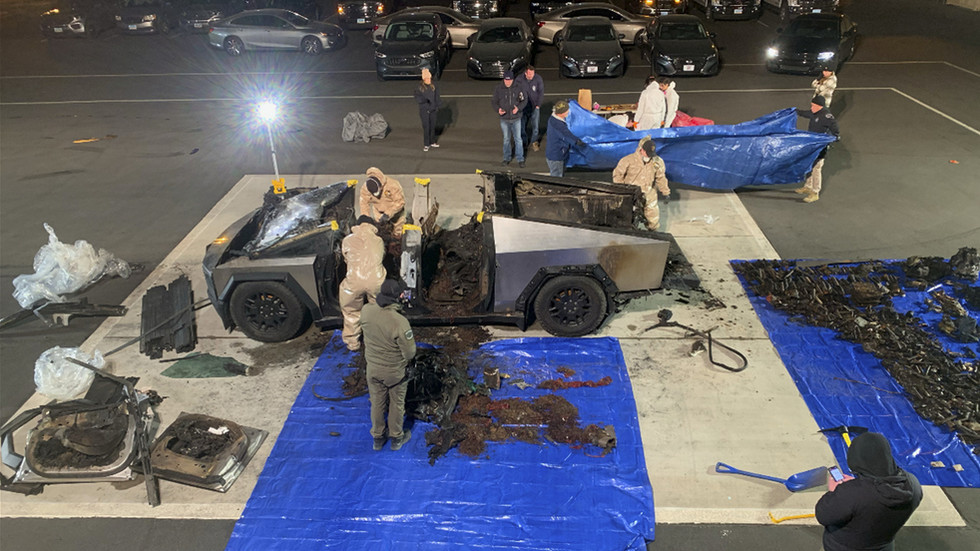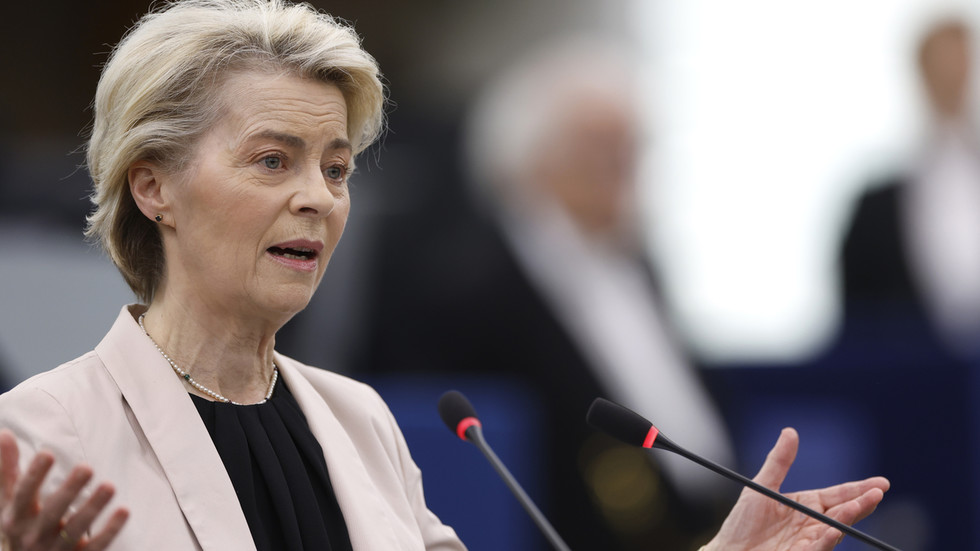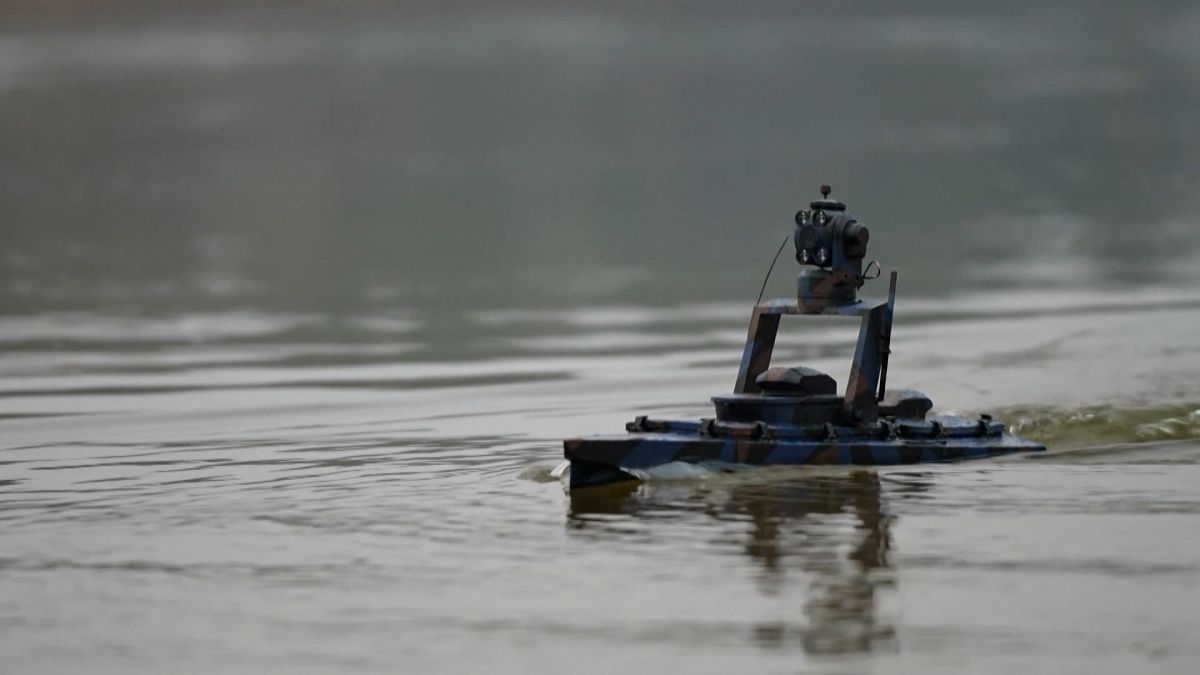The 'demographic development' plan to increase settler numbers only applies to the area of the Golan Heights that Israel seized during the Six Day War in 1967 and later annexed in 1981 and not to territory taken since al-Assad's ouster.
The Israeli Knesset has approved plans to increase the number of settlers in the Golan Heights, territory that was seized from Syria in 1967.
The announcement comes after the dramatic downfall last week of President Bashar al-Assad, with Israel's Prime Minister Benjamin Netanyahu saying that a "new front" had opened up in Syria close to Israel's border.
The "demographic development" plan to increase settler numbers only applies to the area of the Golan Heights that Israel seized during the Six Day War in 1967 and later annexed in 1981 and not to territory taken since al-Assad's ouster.
Netanyahu praised the plan which comes with 40 million shekels (€10 million) in funding with the aim of doubling the settler population in the territory.
Currently, there are an estimated 31,000 Israelis living in settlements considered illegal under international law across the Golan Heights.
The Israeli settlers live alongside around 20,000 Syrians, most of them Druze Arabs, who did not flee the area when it fell to Israel.
But in a television address on Sunday night, Netanyahu said Israel was not seeking a conflict with Syria.
"We have no interest in confronting Syria. We will determine Israel's policy towards Syria according to the emerging reality on the ground," he said.
"I remind you that for decades Syria was an active enemy state to Israel. It attacked us again and again, it allowed others to attack us from its territory, it allowed Iran to arm Hezbollah through its territory."
Since rebel groups spearheaded by Hayat Tahrir al-Sham (HTS) marched into Damascus last Sunday and brought an end to al-Assad's 24-year rule, Israel has conducted hundreds of air strikes across Syria, it says to destroy weapons dumps to prevent them falling into the hands of terrorists.
Those strikes have been criticised by Syria’s de-facto leader and head of HTS, Ahmed al-Sharaa, who said they "crossed red lines" and risked escalating tensions across the Middle East.
Criticism from the Gulf States
Israel's proposal to expand settler numbers in the Golan Heights has been criticised by both Saudi Arabia and Qatar.
In a statement, the Saudi Foreign Ministry called the proposal an attempt "to sabotage Syria’s opportunities for security and stability."
While the Qatari Foreign Ministry called the plan "a new episode in a series of Israeli aggressions on Syrian territories and a blatant violation of international law."
Separately, a delegation from Doha is currently in Damascus ahead of Tuesday's re-opening of Qatar's embassy in Syria, which has been closed since 2011 in response to al-Assad’s brutal crackdown on anti-government protesters.
Meanwhile, Foreign Secretary David Lammy has said the British government is in "diplomatic contact" with the HTS rebel group.
Lammy noted that HTS remains a proscribed terrorist organisation but that the UK "can have diplomatic contact and so we do have diplomatic contact."
When HTS was established in 2011, it was a direct affiliate of Al-Qaeda and a senior figure in the so-called Islamic State was involved in its foundation.
HTS later severed links with both groups.
Lammy's announcement comes a day after Secretary of State Antony Blinken said in a press conference in Jordan that Washington had had "direct contact" with the HTS rebels and laid out the principles for ongoing US support for Syria's political transition.

 2 weeks ago
9
2 weeks ago
9






 We deliver critical software at unparalleled value and speed to help your business thrive
We deliver critical software at unparalleled value and speed to help your business thrive






 English (US) ·
English (US) ·